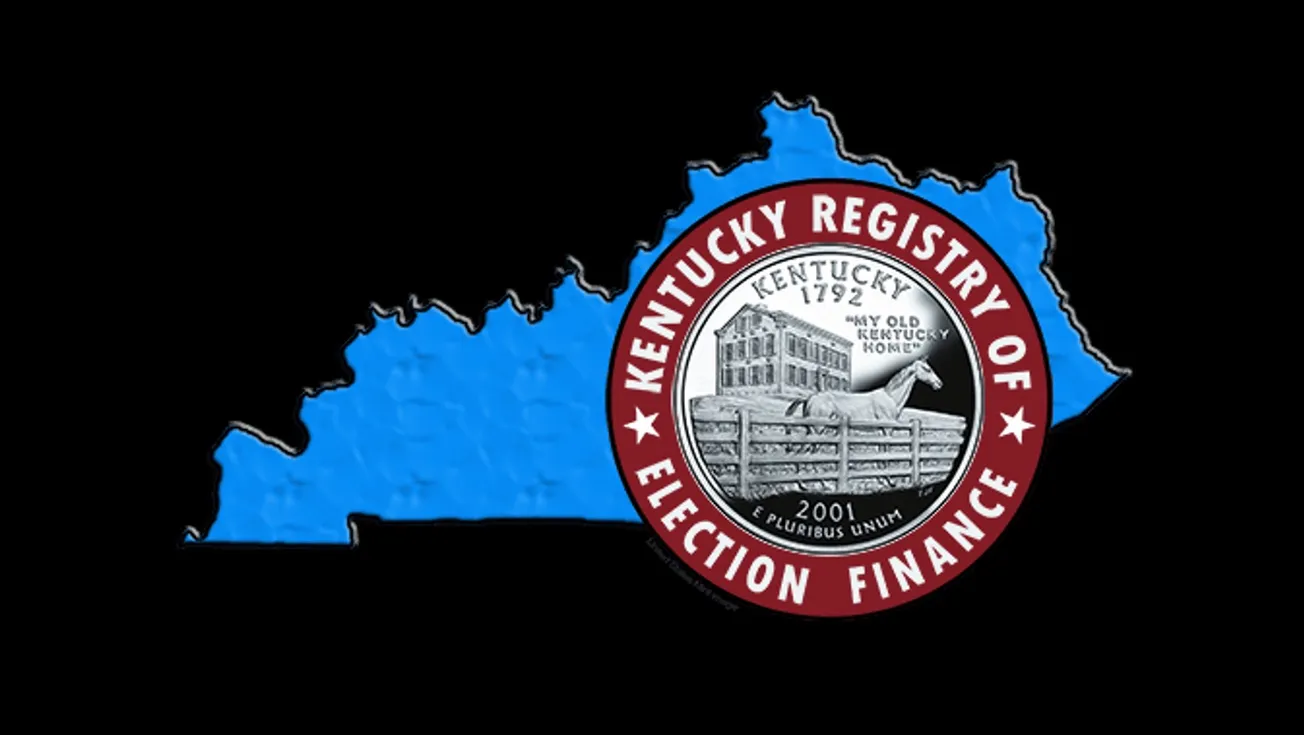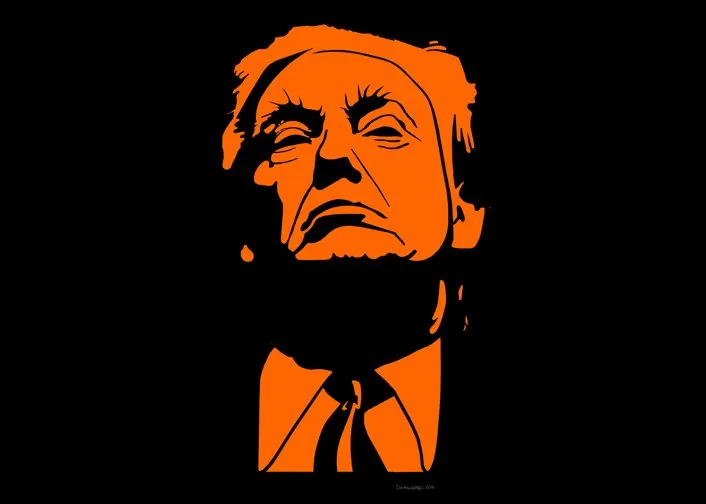Among its many duties, the Kentucky Registry for Election Finance (KREF) is charged with auditing political party executive committees for their use of income-tax checkoff (ITC) funds. Those are the funds that get distributed from the Department of Revenue when you mark the checkbox that you want $2 of your taxes to go to one or both political parties. Of that $2, the state executive committee gets $1.50 and the county executive party for the county where you live gets 50 cents.
Since KREF has a small staff, they audit both state executive committees about every four years, and also a certain number of county parties. Their most recent audits were released in August of this year, and cover the period from 2015 to 2019 for the state executive committees, coinciding with the election cycle for state offices.
Attached to this story are the audit reports for the executive committees of both the Kentucky Democratic Party (KDP) and the Republican Party of Kentucky (RPK), as well as for the Dem and Repub executive committees for Jefferson, Fayette, Boone, and Kenton Counties.
Committees with no audit findings
Of the ten committees that were audited, eight had no findings. This excerpt from the report for the Republican Party of Kentucky is typical:
“The scope of the audit was limited to evaluating the Committee’s compliance with the provisions of KRS 121.230. Procedures performed during the audit included, but were not limited to:
- accounting for each ITC check received from the Kentucky State Treasurer;
- review of documents supporting the use of ITC funds; and
- comparing records to reports filed with the Registry.
The Committee has complied, in all material respects, with the provisions of KRS 121.230.”
Committees with audit findings
Boone County Democratic Executive Committee
KREF’s finding was that the Boone County Dem committee “used ITC funds to support candidates outside a general election,” which is not permitted. The committee rented space for $475 at a 4H fair in 2021 for “support of Democratic candidates.” KREF said that because there was no general election in 2021, that expense would have rolled to the next election, which was the 2022 primary – and you can’t use ITC money for primaries.
The Boone County exec committee filed a response (attached below) where they explained their rationale. At this point, the finding and response are scheduled to be heard at the KREF board meeting on September 29th.
Kentucky Democratic Party Executive Committee
There were numerous audit findings by KREF regarding KDP’s handling of its ITC funds. The entire audit report is attached; we will summarize the findings here.
Audit findings against KDP include:
- “During the audit period, the Committee’s reports to the Registry did not accurately reflect the unexpended and unobligated balance of ITC funds remitted to the Committee.” KREF said that KDP reported a balance of $150,176 at the end of the audit period, when the actual bank balance was $144,588.
- “The Committee made the following transfers of cash from the ITC bank account to other Committee bank accounts. (The report shows six transfers totalling $155,000.) The Committee’s ITC Fund records are devoid of evidence describing the reason these cash transfers were made from the ITC bank account to other Committee accounts. There is no description of the use of the transferred ITC funds and there is no independent third party documentation, such as a vendor invoice, detailing the use of the transferred funds.”
- “In addition to the cash transfers listed above, the Committee incurred another $1,245.83 reduction to the ITC bank account without description or explanation.”
- “Absent a description or other documentation detailing the nature of the use of the transferred ITC funds and the ITC cash reduction resulting from the switch to Traditional Bank, the Registry cannot determine whether these ITC funds were used for the lawful purpose of supporting a candidate in a general election or for paying the administrative costs of maintaining the Committee’s headquarters.”
- “Also, there were numerous cash disbursements of lesser amounts where the Committee reported the payee’s name and sometimes a brief description of the service it received in return for payment, but the Committee failed to provide independent supporting documentation, such as a vendor invoice, for the disbursement.”
KDP responded twice, once electronically and one via a hard copy delivered to the KREF office. Both are attached.
Here are some of the points in KDP’s response:
- ITC funds are reported to both KREF and to the FEC. In the past, the information was pulled from the disclosure software and entered into the KREF report manually as FEC activity, which then had to be changed again to make the report correct. The new KREF system pulls directly from Quickbooks, so there should not be reporting errors in the future.
- All invoices are scanned and saved; however, prior to 2018 they were stored on a hard drive in the office, which then died. They are now saved to Google Drive.
Both responses included pages showing expense reports, bank statements, and receipts. The second report also included 85 pages of FEC reports showing, one assumes, how the ITC funds were used.
The KDP audit report and response may be heard at the September 29th KREF board meeting. However, due to the amount of response documentation, it may not be heard until the February meeting.
We reached out to KDP for comment on the audit findings, and received a response asking if we were looking for anything in particular. We responded “just the KDP response to the findings,” along with some possible questions. As of this article, there has been no further response.
--30--
Committees with Findings
Committees without Findings
Comments







